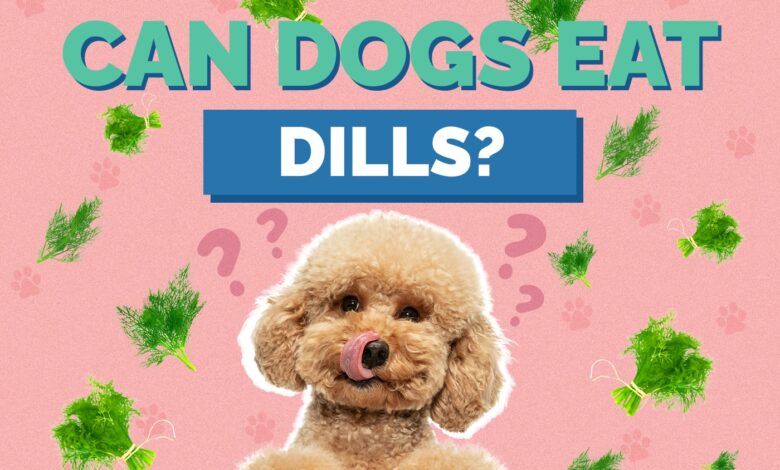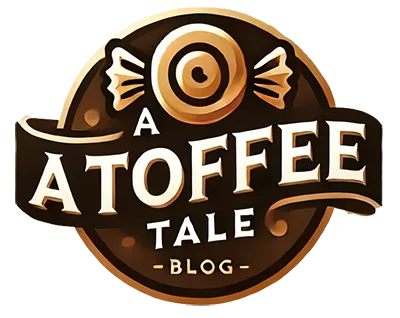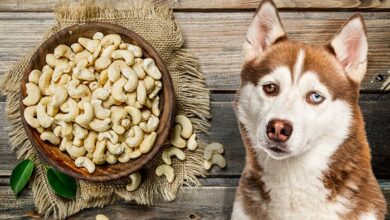Can Dogs Eat Dill? The Ultimate Safety Guide-2024

Can Dogs Eat Dill? Dill is a popular herb known for its tangy, aromatic flavor. It’s commonly used in cooking, pickling, and as a seasoning in a variety of dishes, from soups and salads to pickles and sauces.
As a dog owner, you may wonder if it’s safe to share this herb with your pet. While dill is often enjoyed by humans for its unique taste and potential health benefits, it’s important to know how it affects dogs. This guide will help you understand whether dill is a safe addition to your dog’s diet. Let’s explore that- Can Dogs Eat Dill?
Is Dill Safe for Dogs to Eat? Can Dogs Eat Dill?
Can Dogs Eat Dill? Yes, fresh and dried dill are safe for dogs when given in moderation, and they can even provide health benefits. However, it’s essential to consider certain factors to ensure that dill is served in a way that is beneficial, not harmful, to your dog.
1. Fresh and Dried Dill Are Safe in Moderation
- Dill is a mild herb, so offering small amounts is typically safe for most dogs.
- It contains antioxidants, fiber, and vitamins like vitamin C, which can support your dog’s overall health.
- Dill can also act as a natural digestive aid, helping to reduce bloating and gas in some dogs.
2. Avoid Pickled Dill
- Pickled dill is not safe for dogs due to the added salt and vinegar used in the pickling process.
- High salt content can cause serious health issues like dehydration, kidney damage, or high blood pressure in dogs.
- Vinegar is acidic and may irritate your dog’s stomach or cause digestive discomfort.
- Always double-check whether the dill is part of a pickled or seasoned product before feeding it to your dog.
3. Check for Additional Seasonings or Additives
- Garlic and onion, which are common in seasoned dishes, are toxic to dogs.
- Spices and sugar are other ingredients that should be avoided, as they may cause digestive issues or even more severe reactions.
- Only feed dill that is fresh, dried, or part of plain homemade dishes to ensure your dog’s safety.
4. Introduce Dill Gradually
- When introducing dill to your dog’s diet, start with a small amount and observe for any signs of allergic reactions or sensitivities.
- Monitor your dog for symptoms like vomiting, diarrhea, or unusual behavior after eating dill.
5. Health Benefits of Dill for Dogs
- Dill can support digestion, reduce bloating, and even help with mild gas issues.
- It contains antioxidants that promote overall health and boost the immune system.
- Dill may help freshen your dog’s breath, making it a great natural remedy for oral hygiene.
Can Dogs Eat Dill? Fresh and dried dill are safe for dogs when given in moderation and without added harmful ingredients. Avoid pickled dill due to high salt and vinegar content, and always check for seasonings. By serving dill in simple forms, you can offer your dog a healthy and tasty treat that provides digestive and oral health benefits. Always introduce it gradually to monitor your dog’s reaction and ensure there are no adverse effects.
Health Benefits of Dill for Dogs
Can Dogs Eat Dill? Yes, when given in moderation, dill can offer several health benefits for dogs. Here’s how it can positively impact your dog’s health:
1. Promotes Healthy Digestion
- Dill can help aid digestion by reducing gas and bloating, which is especially useful for dogs with sensitive stomachs.
- It can act as a natural digestive aid, helping to soothe minor stomach issues and support a healthy gut.
2. Contains Antioxidants for Overall Health
- Dill is packed with antioxidants that help protect your dog’s cells from damage caused by free radicals.
- These antioxidants can support overall health by promoting a strong immune system and protecting your dog from illness.
3. Helps Freshen Your Dog’s Breath Naturally
- Dill is known for its breath-freshening properties, making it a natural remedy for dogs with bad breath.
- Simply adding a small amount of dill to your dog’s food can help improve their oral hygiene and make their breath smell fresher.
Can Dogs Eat Dill? By including dill in your dog’s diet, you provide them with a safe and natural way to support their digestion, immune system, and oral health. Just remember to serve it in small amounts and without any harmful additives.
Risks of Feeding Dill to Your Dog
Can Dogs Eat Dill? While dill can offer health benefits in moderation, there are some risks to keep in mind. Here’s what you should know before feeding dill to your dog:
1. Overfeeding Can Lead to Digestive Issues
- Excessive amounts of dill can cause stomach upset or digestive issues like diarrhea or vomiting.
- Always serve dill in small quantities to avoid overconsumption, which could result in discomfort.
2. Pickled Dill and Seasoned Dishes Are Harmful
- Pickled dill often contains high levels of salt and vinegar, which can be harmful to dogs. These ingredients may lead to salt poisoning or upset stomach.
- Avoid feeding dill from heavily seasoned dishes as they may contain harmful spices, garlic, or onion, which are toxic to dogs.
3. Potential Allergic Reactions
- Although rare, some dogs may experience allergic reactions to dill. Symptoms can include itching, swelling, or more severe reactions.
- If you notice any signs of an allergic reaction, it’s best to stop feeding dill and consult your vet.
While dill can be safe for dogs in moderation, it’s important to be cautious about the form and amount you serve. Always check the ingredients and observe your dog for any unusual signs after eating dill.
How to Safely Feed Dill to Your Dog
Can Dogs Eat Dill? Yes, dogs can safely eat dill when given in moderation. To ensure your dog enjoys dill without any issues, here’s how you can safely feed it to them:
1. Offer Small Amounts of Fresh Dill Leaves
- Add a small garnish of fresh dill to your dog’s meals. This provides flavor without overwhelming their system.
- Keep portions small to avoid digestive discomfort.
2. Sprinkle a Tiny Pinch of Dried Dill
- A tiny pinch of dried dill can be sprinkled over your dog’s food as a flavor booster.
- This is a convenient way to add dill to their diet without overdoing it.
3. Avoid Dill Mixed with Toxic Ingredients
- Always ensure that dill is not mixed with harmful ingredients like onions, garlic, or excessive salt.
- Avoid seasoned or pickled dill, as these can contain toxic or harmful substances for dogs.
By following these simple steps, you can safely introduce dill into your dog’s diet and enjoy its benefits without worry. Always remember to monitor your dog’s reaction and consult your vet if you’re unsure.
What to Do If Your Dog Has a Reaction to Dill
Can Dogs Eat Dill? While dill is generally safe for dogs, some dogs may have a reaction. If you notice any unusual symptoms, here’s what you should do:
1. Watch for Symptoms
- Signs of a reaction may include vomiting, diarrhea, or itching.
- Monitor your dog closely for any changes in behavior or discomfort.
2. Stop Feeding Dill Immediately
- If you notice any adverse reactions, stop feeding dill to your dog right away.
- It’s important to give their system a break from the herb to avoid further issues.
3. Consult Your Veterinarian
- If the symptoms persist or worsen, contact your veterinarian.
- Your vet can help determine whether it’s an allergy, intolerance, or a different issue, and provide guidance on how to proceed.
By staying alert and acting quickly, you can keep your dog safe and ensure they don’t experience any lasting issues from consuming dill.




